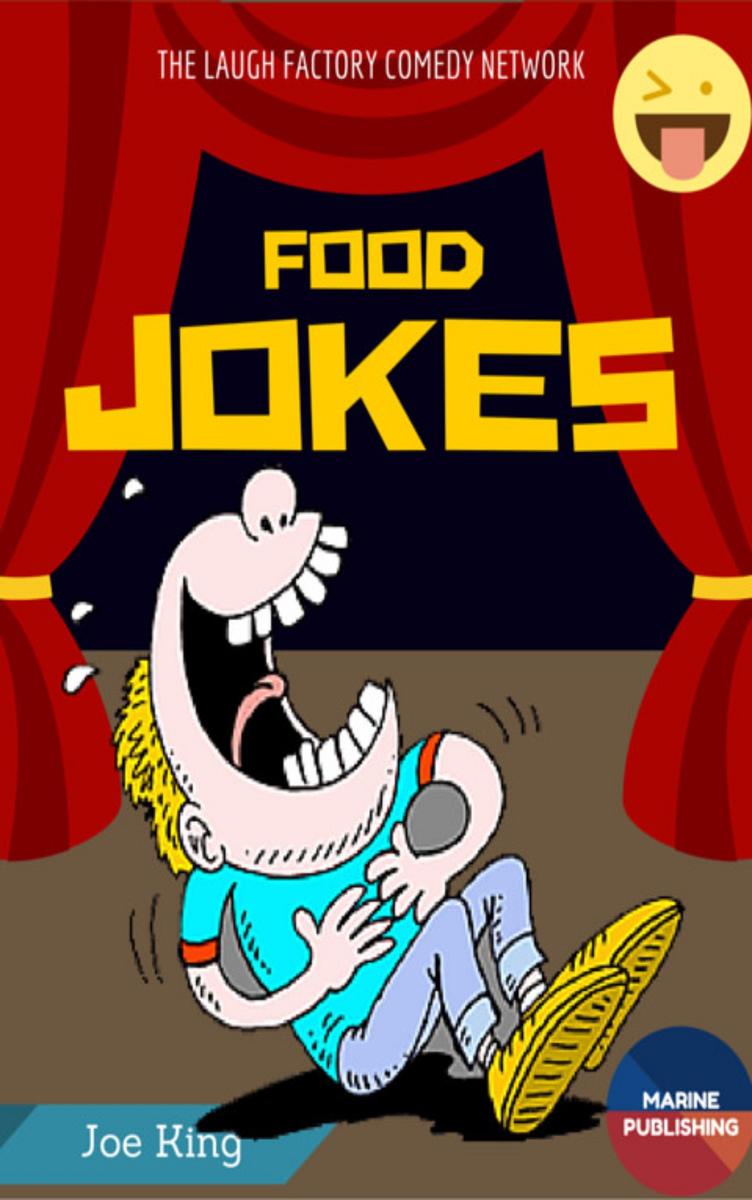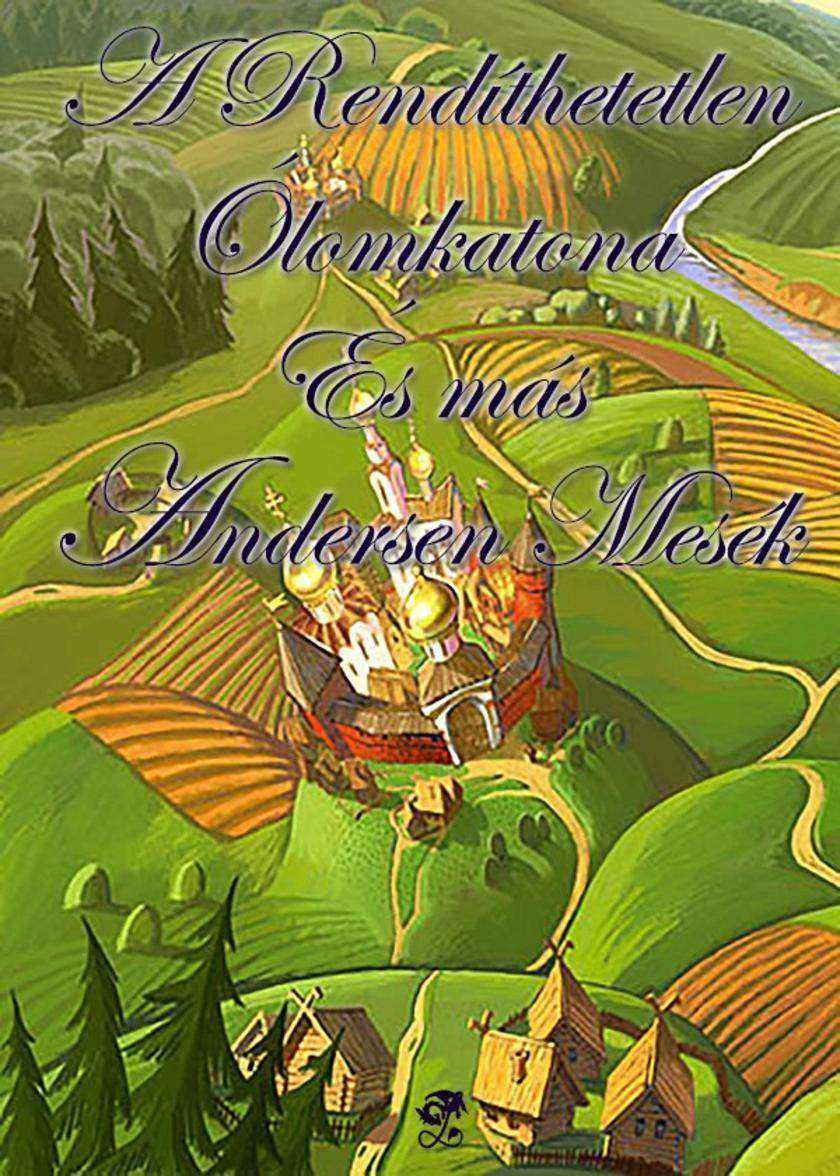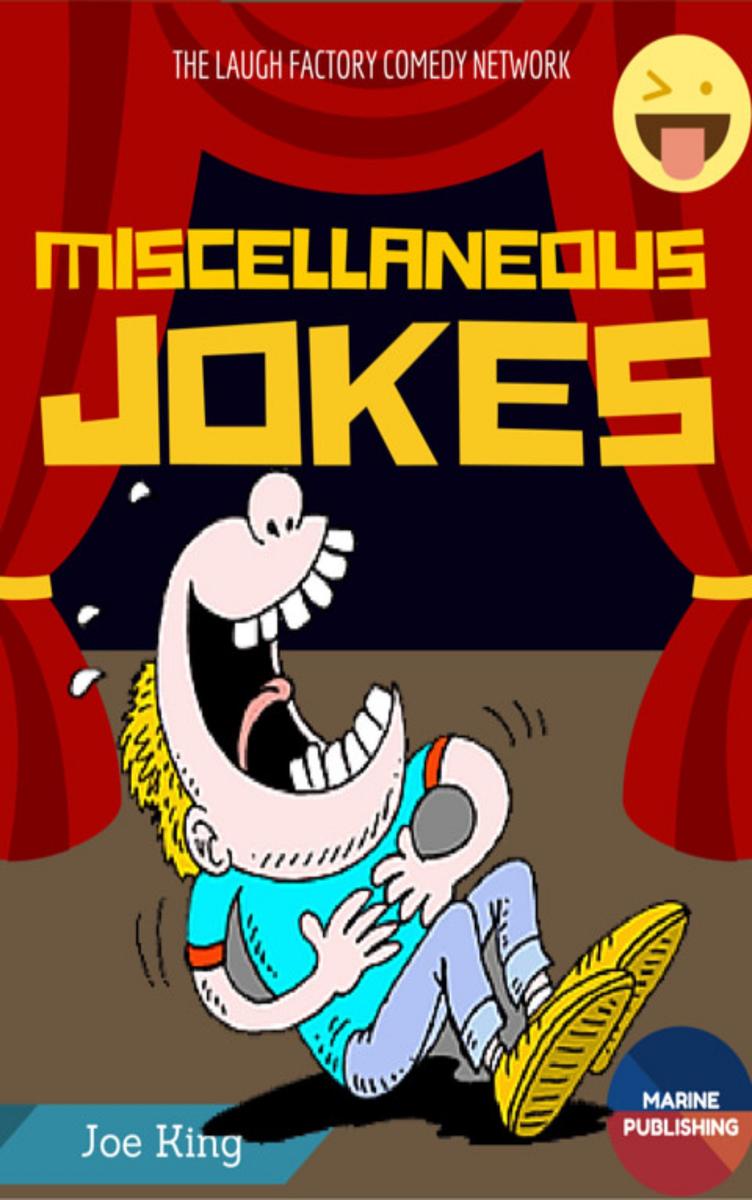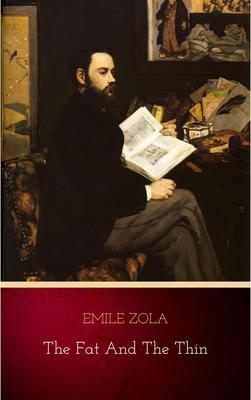
Sports Jokes
¥4.09
Sports Jokes

Sexist Jokes
¥4.09
Sexist Jokes

Food Jokes
¥4.09
Food Jokes

O ator e a figurinista
¥4.09
O ator e a figurinista

Family Jokes
¥4.09
Family Jokes

A Rendíthetetlen ?lomkatona és más Andersen mesék
¥4.09
Acest roman este un covor zbur?tor, care ne poart? pe deasupra luptelor duse ?ntre Nicolae Ceau?escu ?i Iarba Fiarelor, c?petenia unui grup de t?lhari.. Acest r?zboi e unul de gheril?. ?apte sunt locurile lui de desf??urare. Fiecare comunitate ?nf??i?at? e captivant?, precum explorarea unei insule necunoscute: via?a printre brancardierii de la Morg?, printre t?lhari, printre criminali, printe c?lug?ri ?i printre vr?jitoare. (Autorul) (3) Desigur, aceast? carte nu e chiar ?cel mai bun roman al tuturor timpurilor“.Dar sunt bune ?anse ca ea s? fie unul dintre cele mai bune romane scrise ?n Rom?nia, ?n ultimii cincizeci de ani.Paul Lupa?cu

10 Coisas que você nunca deve dizer no trabalho
¥4.09
10 Coisas que você nunca deve dizer no trabalho

Miscellaneous Jokes
¥4.09
Miscellaneous Jokes

How to be Insulting
¥4.09
How to be Insulting

Bloqueio de escritor
¥4.09
Bloqueio de escritor

Boycott These Jokes
¥4.09
Boycott These Jokes

G??üs Kas? Geli?tirme Program? A dan Z ye..
¥4.17
G??üs Kas? Geli?tirme Program? A dan Z ye..

FIFA 16 Game Guides Full
¥4.17
FIFA 16 Game Guides Full

GTA V Game Guides Walkthrough
¥4.25
GTA V Game Guides Walkthrough

90 Dakikada NIETZSCHE
¥4.33
90 Dakikada NIETZSCHE

The Fat and the Thin
¥4.41
The third novel in Zola's twenty-volume series entitled "Les Rougon-Macquart," this story revolves around and within the 21-acre market Les Halles Centrales of Paris. The starving scholar Florent has escaped his unwarranted exile on Devil's Island, and he is alternately entranced and disgusted by his refuge in 'the belly of Paris.' Zola describes the market and Florent's experiences in the midst of it with his characteristically captivating comprehension, foreshadowing the total mastery of working-class speech in his later works. Florent makes a friend of Claude Lantier, a painter who explains the battle being waged in the vast Central Markets between the 'fat' burghers and 'thin' lower class, in which Florent is soon embroiled. He is a man caught between the fat and the thin, and this lack of allegiance leads to painful condemnation and Florent's ultimate disintegration. Presented here is the somewhat expurgated 1895 translation of Ernest Alfred Vizetelly, entitled "The Fat and the Thin".

Thérèse Raquin
¥4.41
Thérèse Raquin is a novel by ?mile Zola, first published in 1867. It was originally published in serial format in the journal L'Artiste. It was published in book format in December of the same year. In 1873, Zola turned Thérèse Raquin into a play. Thérèse Raquin tells the story of a young woman, unhappily married to her first cousin by a well-intentioned and overbearing aunt. Her cousin, Camille, is sickly and selfish, and when the opportunity arises, Thérèse enters into a tragic affair with one of Camille's friends, Laurent. In his preface, Zola explains that his goal in this novel was to "study temperaments and not characters" and he compares the novel to a scientific study. Because of this detached and scientific approach, Thérèse Raquin is considered an example of Naturalism.

Captain Burle
¥4.41
It was nine o'clock. The little town of Vauchamp, dark and silent, had just retired to bed amid a chilly November rain. In the Rue des Recollets, one of the narrowest and most deserted streets of the district of Saint-Jean, a single window was still alight on the third floor of an old house, from whose damaged gutters torrents of water were falling into the street. Mme Burle was sitting up before a meager fire of vine stocks, while her little grandson Charles pored over his lessons by the pale light of a lamp.

Nana
¥4.41
Nana is a novel by the French naturalist author ?mile Zola. Completed in 1880, Nana is the ninth installment in the 20-volume Les Rougon-Macquart series, which was to tell "The Natural and Social History of a Family under the Second Empire." The novel was an immediate success. Le Voltaire, the French newspaper that was to publish it in installments from October 1879 on, had launched a gigantic advertising campaign, raising the curiosity of the reading public to a fever pitch. When Charpentier finally published Nana in book form in February 1880, the first edition of 55,000 copies was sold out in one day. Flaubert and Edmond de Goncourt were full of praise for Nana. On the other hand, a part of the non-reading public, spurred on by some critics, reacted to the book with outrage. While the novel is held up as a fine example of writing, it is not especially true to Zola's touted naturalist philosophy; instead, it is one of the most symbolically complex of his novels, setting it apart from the earthy "realism" of L'Assommoir or the more brutal "realism" of La Terre (1887). However, it was a great deal more authentic than most contemporary novels about the demimonde. Nana is especially noted for the crowd scenes, of which there are many, in which Zola proves himself a master of capturing the incredible variety of people. Whereas in his other novels -- notably Germinal (1885) -- he gives the reader an amazingly complete picture of surroundings and the lives of characters, from the first scene we are to understand that this novel treads new ground. Flaubert summed up the novel in one perfect sentence: Nana tourne au mythe, sans cesser d'être réelle. (Nana turns into myth, without ceasing to be real.)

L'Assommoir
¥4.41
L'Assommoir (1877) is the seventh novel in ?mile Zola's twenty-volume series Les Rougon-Macquart. Usually considered one of Zola's masterpieces, the novel—a harsh and uncompromising study of alcoholism and poverty in the working-class districts of Paris—was a huge commercial success and established Zola's fame and reputation throughout France and the world.

Yo Acuso
¥4.41
Alegato en favor del capitán Alfred Dreyfus, dirigido por ?mile Zola mediante una carta abierta al presidente de Francia, M. Félix Faure, y publicado por el diario L'Aurore el 13 de enero de 1898 en su primera plana.




 购物车
购物车 个人中心
个人中心



